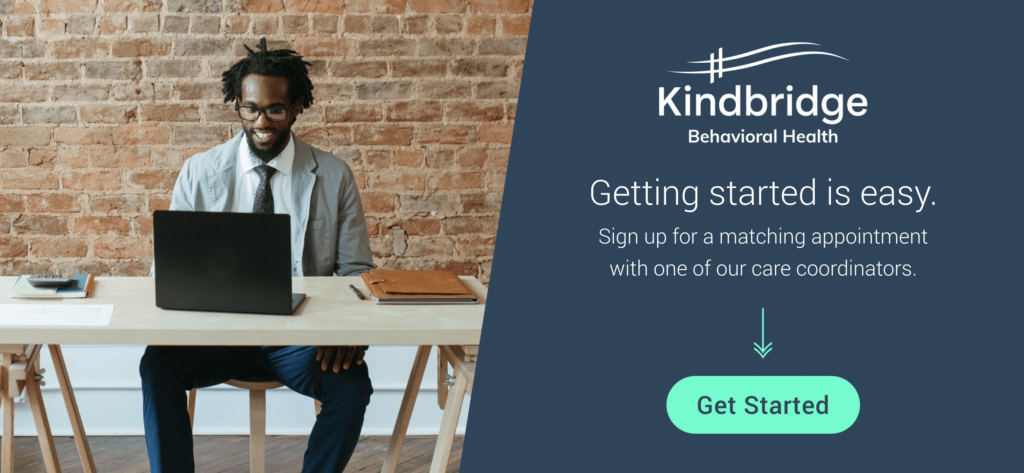Every brick-and-mortar and online casino and sportsbook in the USA is required to have Responsible Gambling messaging and resources available to players. In addition, licensed operators must provide involuntary exclusion and self-exclusion platforms. This is pretty much where their responsibilities to the mental and behavioral health of players stops. It’s a “read the fine print” fix that hasn’t been effective thus far. Problem gambling is spreading like wildfire across the country as the number of U.S. states with legal sports betting (and casino gaming) grows.
Those who theorize that the buck stops with the player in the same manner that Kroger needn’t be accountable for alcoholics who buy wine from their stores are being complicit. Thankfully, not all operators feel this way. Some (such as yours) are realizing the responsibility that they have to Americans who are not able to gamble in a responsible manner. That being said, you also have a responsibility to stakeholders to run a sustainably growing business. The good news, is the two are not mutually exclusive. If problem gambling is allowed to get further out of hand, regulators will be called upon to shutter a number of operations. To ensure that you’re a part of a balanced and sustainable solution (and not the problem) please consider the following courses of action.
How Casinos and Sports Betting Operators Can Take a More Proactive Role to Protect Players from Problematic Gambling Behavior
Pre-Gaming Messaging About Pre-existing Conditions
If COVID-19 protocols taught anyone anything, it’s that screening to protect at-risk people from entering establishments is a highly contentious topic. It is not reasonable to suggest that pre-screening for gambling disorder be applied or enforced. However, it does provide a jump-off point for what can be done to help keep those who are vulnerable from entering an establishment and/or using an online gaming platform. What can you do without violating a person’s privacy, much less ethics? Provide them with messaging that may make them pause and think.
Most vulnerable populations aren’t even aware that they have a higher risk of gambling disorder. If they knew, they may think twice before participating in the activity. There are at least four distinct mental and behavioral health issues that are known to increase risk of developing gambling disorder. These include the following:
- Depression
- Schizophrenia
- Bipolar disorder
- Alcohol Use Disorder (AUD)
Operators may consider placing signage at the entrance of casinos, and display pop-ups on websites and mobile apps to intercept vulnerable persons. Messaging should list the above conditions, which will inform susceptible individuals about their risk. This is analogous to movie theaters and streamers that now display messaging to warn those with epilepsy (and related conditions) about the risk of seizures. Modern society is now accustomed to considerations made about their mental, emotional, and cognitive health. Your company won’t be chastised for doing the same. Quite the opposite, in fact.
If just one person with a pre-existing condition stopped and turned around because of this messaging, the initiative was worth it.
Invest in AI to Monitor for Problem Gambling Behavior
Your gambling platform may have considered AI as a player acquisition and retention tool, but did you know that there are developments underway that leverage AI to identify problem gambling too? Algorithms consider a number of behaviors and actions. These include money and time spent on a platform in addition to canceled bank withdrawals, shifts in the time of day a player is playing, and erratic changes of wagers. This is one provider that combines neuroscience, artificial intelligence, and specialist assessments to identify problem gambling, but we encourage you to do your own research about available software tools.
Yes, AI is an investment, but if modern technology isn’t used to combat the proliferation of digital transformation in casino gaming and sports betting, problem gambling will grow beyond control. If that happens, everyone suffers:
“Casinos need to have customers in order to sustain themselves,” Mr. Feldman said. “And the only way to have customers is to have customers who themselves are healthy and thriving and able to pay their bills and come back the next time.” Problem gamblers “always end the same way,” he added. “The end of the road is the exact same with all of them: They have no money.”
NY Times: Can A.I. Help Casinos Cut Down on Problem Gambling?
Support Causes that Support Problem Gambling Research and Treatment
If you really want to take a more proactive role in preventing the spread of problem gambling, leave it to the experts. Correction – support the experts. Across America there a organizations on the frontline in the defense against gambling disorder. Many are fighting a losing battle due to a lack of funding. Support them by donating to their research and treatment initiatives.
For deeper connection, find something that ties in with your brand, be it casino and/or sports focused. For instance, sportsbooks may be interested in the current (at press) NASCAR Day Giveathon, for which there is a fundraiser to support military personnel who suffer from gambling disorder. If you find this article after this (or any) event has concluded you can support year-round efforts of its kind.
While the act alone appears selfless, there’s no reason to not use it to garner positive PR for your brand, no matter what the motivation for your donations may be. If it inspires other operators to step up and help fund problem gambling research and treatment, it’s worth doing.
Work Closely with Gambling Disorder Treatment Providers
This carries over from the above call to connect with proven research institutes and treatment providers. There are experts in mitigating the risk and growth of problem gambling. Your operation should lean into this expertise to create a more robust program to support past, current, and future players who struggle with gambling disorder.
Kindbridge Behavioral Health the first-of-its-kind platform in the USA that will work with your gaming organization to create and manage a program that protect players from problematic gambling. Contact us today to discuss options.


